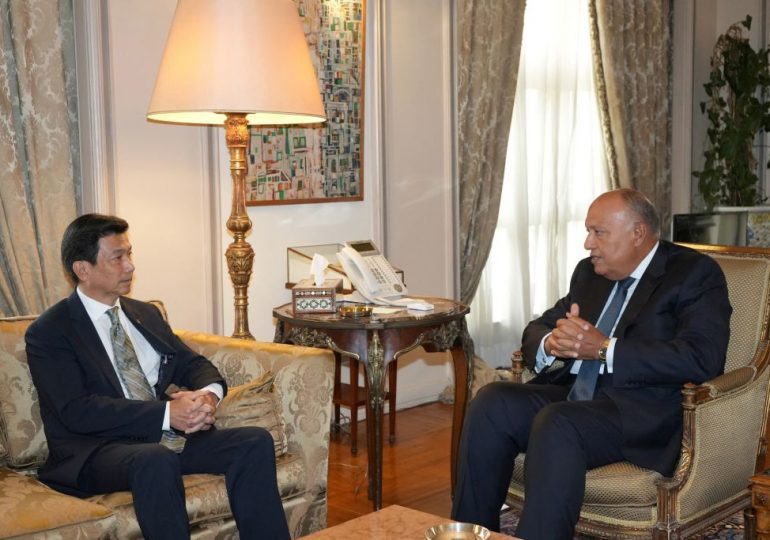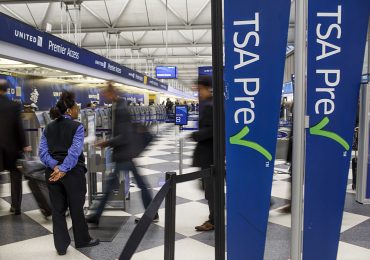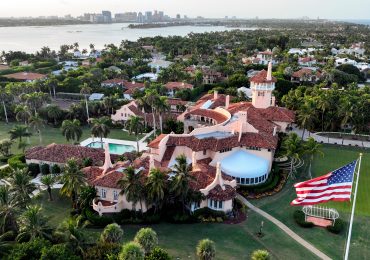While Hamas has agreed to release at least 50 Israeli hostages following a deal made with Israel earlier this week, the Gaza-based militant group has also just freed 12 Thai hostages that it’s been holding for weeks as part of a separate deal with Bangkok, according to an announcement Friday by Egypt’s foreign ministry and the Thailand Prime Minister’s office.
[time-brightcove not-tgx=”true”]
“Embassy officials are on their way to pick them up in another hour,” Thai Prime Minister Srettha Thavisin posted on X (formerly Twitter).
Thailand’s Minister of Foreign Affairs, Parnpree Bahiddha-nukara, also commented on the news. “Overjoyed to receive reports on the release of 12 Thai hostages. Our embassies in the region are on alert and coordinating with the authorities on the ground,” he said, via a social media post. “We will dispatch additional teams from Thailand.”
The U.K.-based news site Al-Araby Al-Jadeed had previously reported on Thursday that 23 Thai hostages would be released as part of a deal brokered by Iran.
Among the over 200 people from more than 40 countries abducted by Hamas since its Oct. 7 attack on Israel, at least 25 are Thai nationals—making up the single largest group of foreigners among the hostages. Thirty-two other Thai citizens have been killed, and 19 injured during the Oct. 7 attack, according to Thai authorities.
Bangkok has been engaging for weeks in its own diplomatic talks to free its nationals still held by Hamas. Thai officials traveled to Tehran on Oct. 26 to meet with senior Hamas representatives, according to Areepen Uttarasin, a Thai politician and one of the lead negotiators. Areepen told reporters in Bangkok in early November that Hamas had promised Thai negotiators that the Thai hostages were in “good care” and would be released at the “right time.”
The talks, which were not confirmed by Thailand’s foreign ministry, were held “through special personal relations” between Thai Muslim politicians and Iran, said Areepen.
Thai Prime Minister Srettha Thavisin also said in early November that he had heard from Malaysian Prime Minister Anwar Ibrahim that 20 of the Thai hostages were safe and were being relocated to one location to wait for their release. The whereabouts of the remaining few Thai hostages were not known, he said at the time.
Hamas’ Oct. 7 attack on Israel and the group’s killing and capturing of dozens of Thai nationals shed light on the some 30,000 Thai nationals who work in Israel, mostly in the agricultural sector. Last month, Israel’s envoy to the U.N. showed a video to the General Assembly of what he said was a Hamas fighter decapitating a Thai farmer with a garden hoe. The video subsequently drew criticism from Thailand’s foreign ministry, which said that the airing of such graphic footage was disrespectful to the victim and his family.
In the wake of the attacks, Thailand has repatriated more than 7,000 of its citizens from Israel. Still, many others have chosen to remain in Israel despite safety concerns, because of the higher salaries there than what they would get at home. The Thai government has offered 50,000 baht (about 1,400 USD) to each worker, as well as soft loans, to encourage Thai nationals in Israel to return home. Srettha also said in October that he had raised to Israel’s ambassador allegations that some Israeli employers were offering more money or withholding salaries to Thai workers to keep them in Israel—claims that have been denied by the Israeli embassy.
The Israeli government and Hamas reached a deal late Tuesday for a ceasefire in Gaza that began Friday at 7 a.m. local time and is expected to last four days—the longest pause in hostilities since the Israel-Hamas war began—as well as the release of 150 Palestinian prisoners by Israel, in exchange for the release of at least 50 Israeli women and children captured by Hamas.
In light of the agreement between Israel and Hamas, Srettha said on Wednesday that he hoped Thai workers in Israel would not return to work near conflict zones during the suspension in fighting. “The government disagrees with them returning to risky areas, but we cannot force them,” he said. “ If they decide to do so, they have to take care of themselves.”
Leave a comment
















